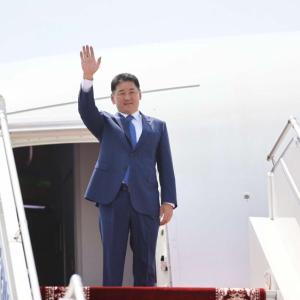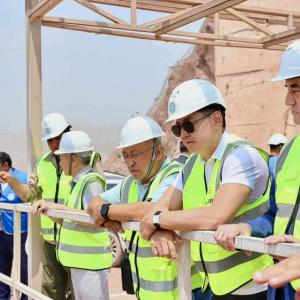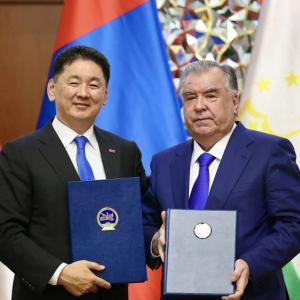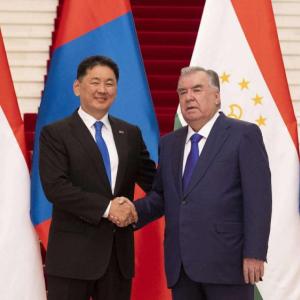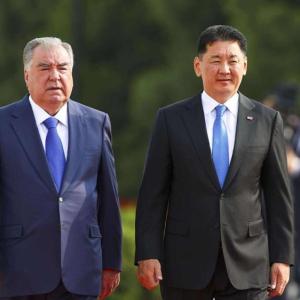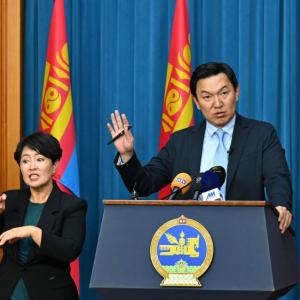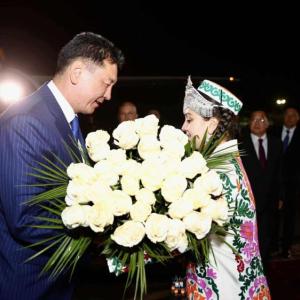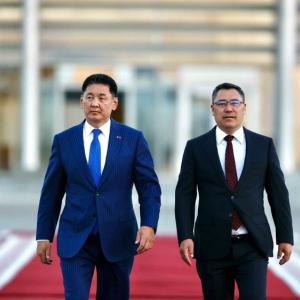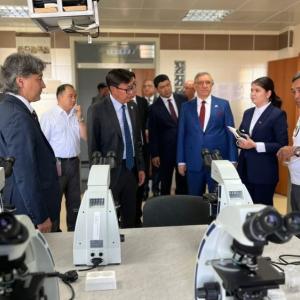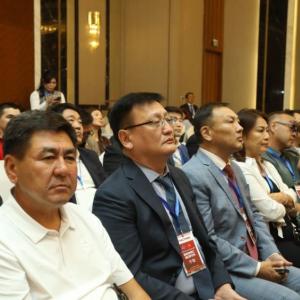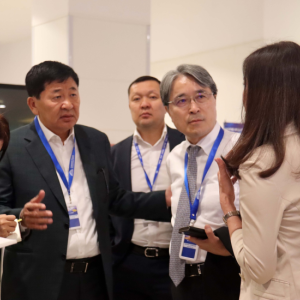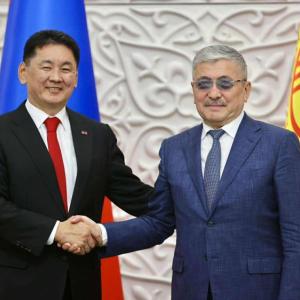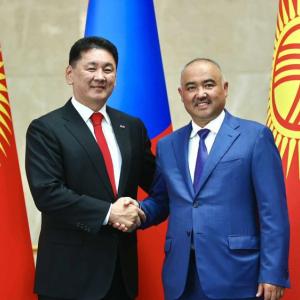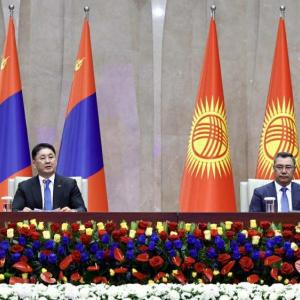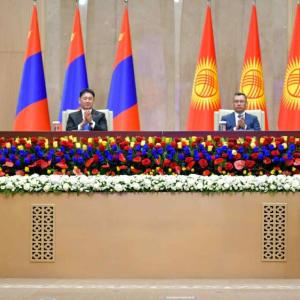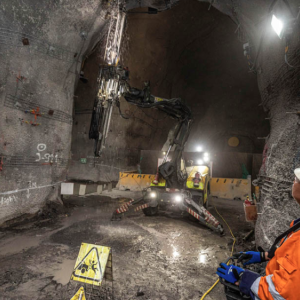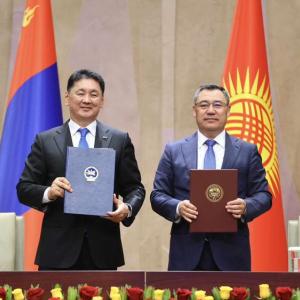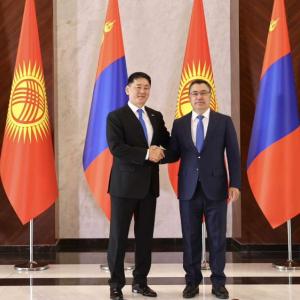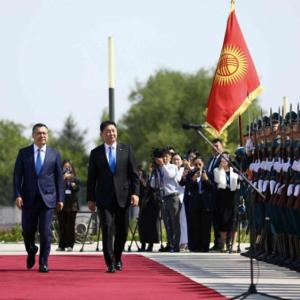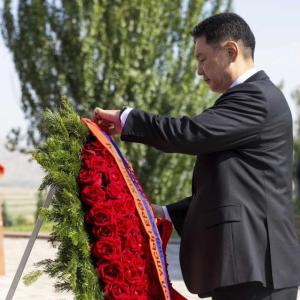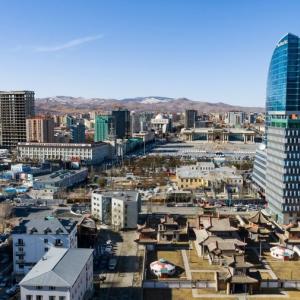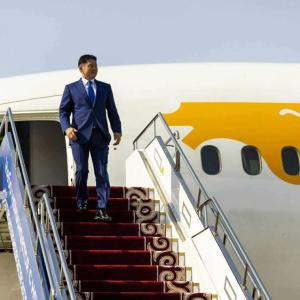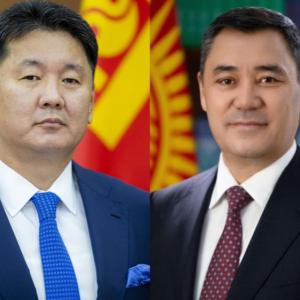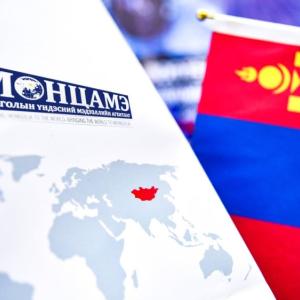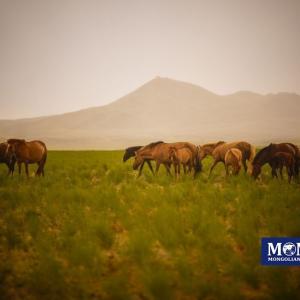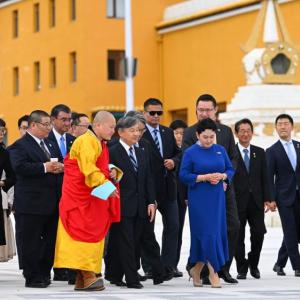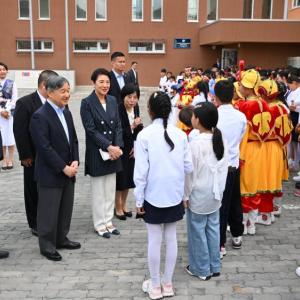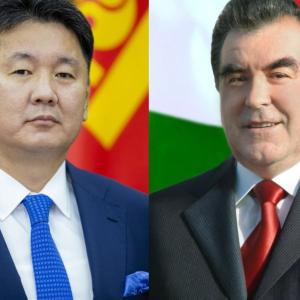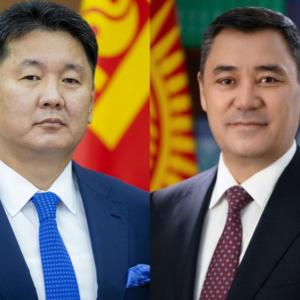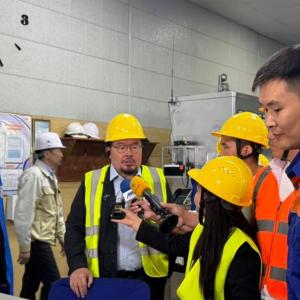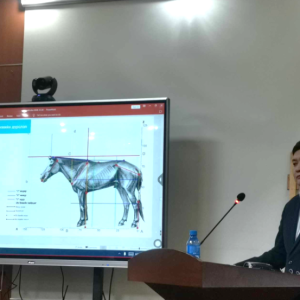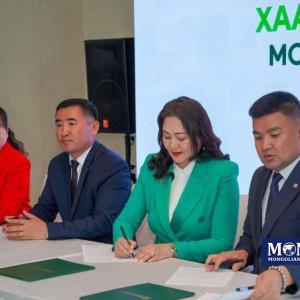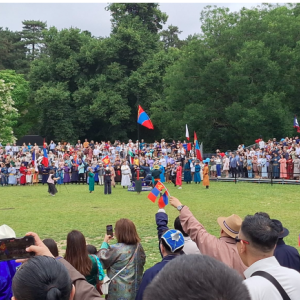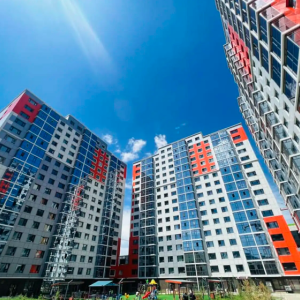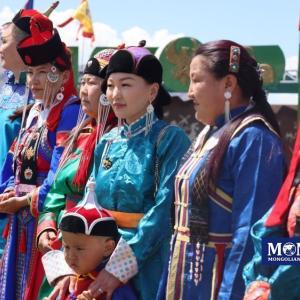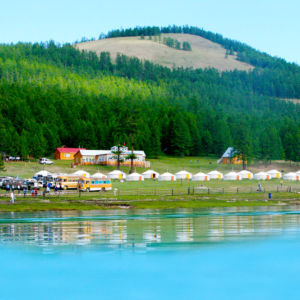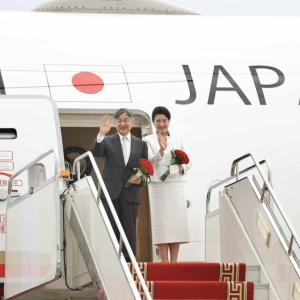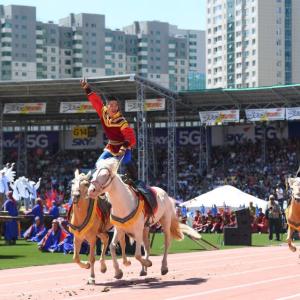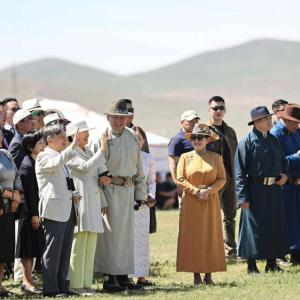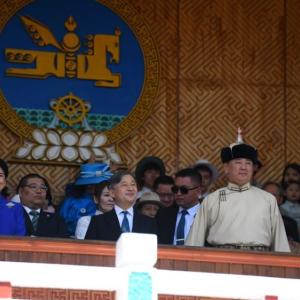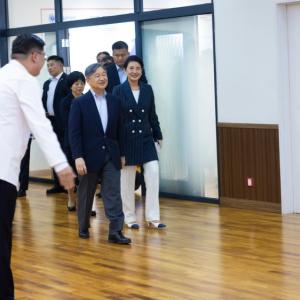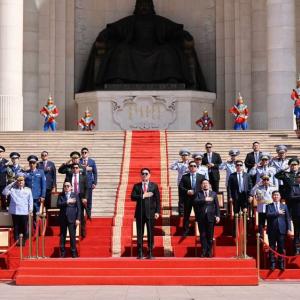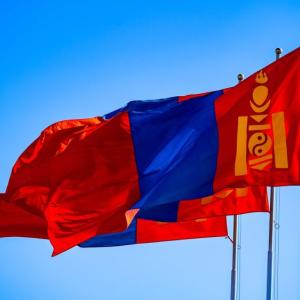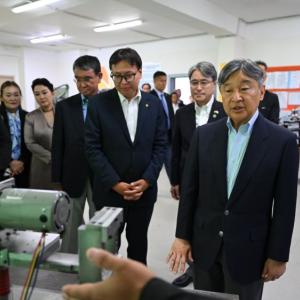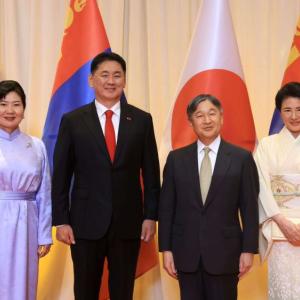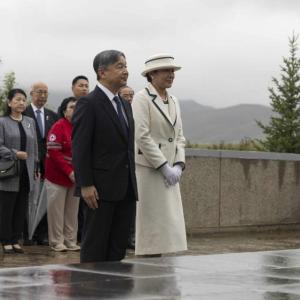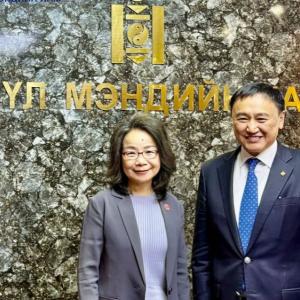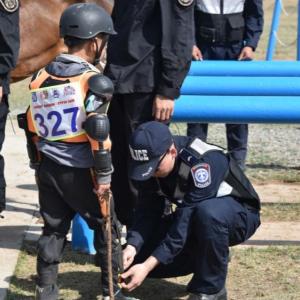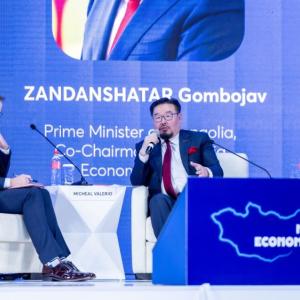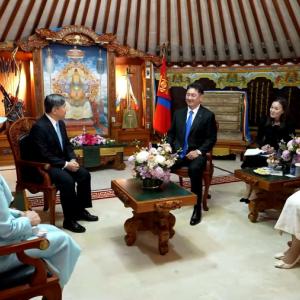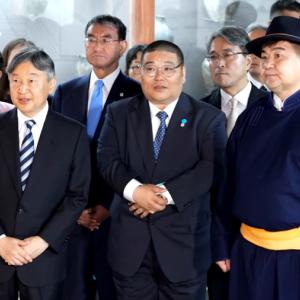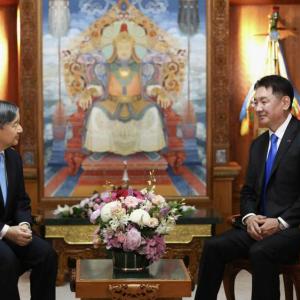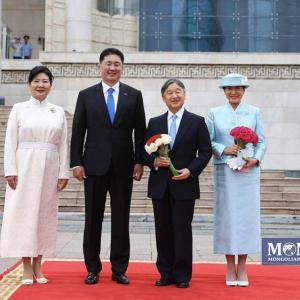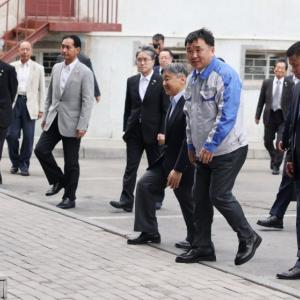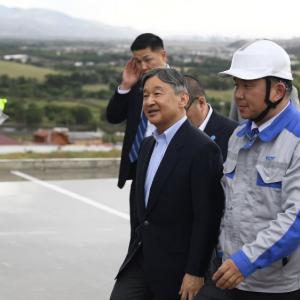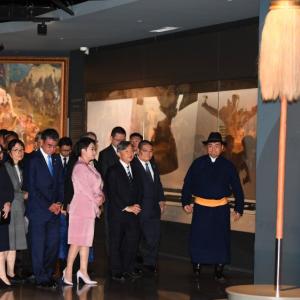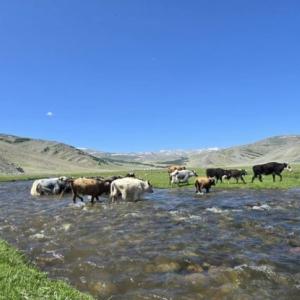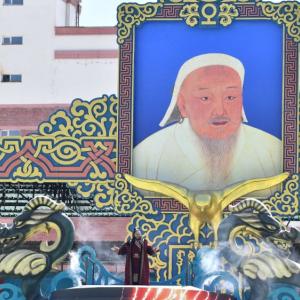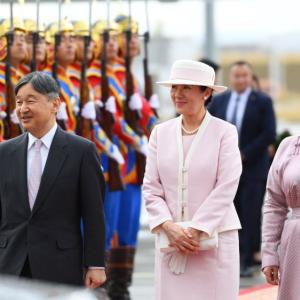UNDP Permanent Rep addresses official launch of UN-REDD Mongolia Programme
SocietyUlaanbaatar /MONTSAME/ The UN Resident Coordinator and UNDP Resident Representative to Mongolia Ms Beate Trankmann made opening remarks at the official launch of UN-REDD Mongolia Naitonal Programme on Tuesday.
Ms Beate Trankmann started her speech welcoming government counterparts, partnering UN Agency representatives, programme executive board members, implementing partners and guests the official launch of the UN-REDD Mongolia National Programme.
“When we think about climate change and the contributions by different sectors to greenhouse gas emissions, usually the energy and transport sectors come to mind. But globally, around 10% of greenhouse gas emissions are generated through forest loss and forest degradation.
Forests cover about 4 billion hectares of the world’s land surface. Most forests occur in the Tropics and Northern hemisphere in Canada, the US, Europe, Russia and China. While forests, cover only about 8% of Mongolia’s total land area, let us keep in mind that this is still an impressive 110,000 square kilometers, the size of the total land area of Bulgaria. As such, Mongolia can therefore also play a significant role in climate change mitigation through, the sustainable management of its forests and restoration of degraded forests.
This is also important because Mongolia ranks in the top 8 of the most vulnerable countries to climate change with average temperature increases over the last 70 years having already surpassed the 2 Degrees Celsius mark. The effects such as desertification, higher likelihood of dzuds (heavy snow disaster), melting glaciers etc impact heavily on Mongolia’s natural resource dependent nomadic herders.
And let’s also remind ourselves that forests provide numerous other services, beyond carbon sequestration or storage, that are required for our economy and people to prosper,” Mr Trankmann said.
“Looking at the recorded contribution of the forest sector to GDP in Mongolia (currently about MNT 70 billion or 0.5 % of GDP), it would be easy to believe that our forests have only little value. The reality is very different. Selected services of the Mongolian forests are worth more than MNT 430 billion per year to the national economy. This is more than six times higher than the more narrowly defined official statistic that does not capture the full economic value added of forest goods and services.
Now financial incentives to take better care of our forests are often in short supply. This will change in the near future. Under the UN Climate Change Convention (UNFCCC), its members have worked over the last ten years to establish what is called the REDD+ mechanism, where REDD+ stands for “Reducing Emissions from Deforestation and Forest Degradation”.
The idea behind REDD+ is to provide so-called “results-based payments” to developing countries that can demonstrate that through forest conservation they emit less greenhouse gases, as compared to a business-as-usual scenario. And only in December last year in Paris, 195 nations reached a historic climate change agreement that clearly spells out that business-as-usual is not an option anymore, if we want to safeguard the sustainable future for our planet,” she said.
“The UN-REDD Programme, an initiative jointly implemented by the Food and Agriculture Organization of the United Nation, the United Nations Development Programme and the United Nations Environment Programme, is providing support to the Government of Mongolia, to get ready for REDD+. It will work together with the Ministry of Environment, Green Development and Tourism and other stakeholders over the next three years to assist Mongolia in meeting all the requirements to ultimately be eligible for results-based payments.
The collaborative efforts are not just focussing narrowly on reducing carbon emissions. They will also contribute to a number of Sustainable Development Goals, such as:
Goal 13. To take urgent action to combat climate change and its impacts,
Goal 15. To protect, restore and promote sustainable use of terrestrial ecosystems, sustainably manage forests, combat desertification, and halt and reverse land degradation and halt biodiversity loss.
The partners in the Programme will coordinate their efforts with other activities, such as the work on a national forest inventory supported the German International Cooperation Agency, and a Global Environmental Facility project assisted by FAO, which is supporting forest user groups in the better management of their forests to improve their livelihoods.
As you can see, the UN-REDD Programme will go beyond carbon sequestration, and is therefore a very welcome and critical addition to our efforts in watershed management, biodiversity conservation and poverty reduction through livelihood improvements of rural people,” she said, and wished the National UN-REDD Programme great success and stand ready to offer my support.

 Ulaanbaatar
Ulaanbaatar
